The Blues, Episode 7: The Folk Revival
Reporting locale: Newport, R.I. By the 1960s, Chicago blues had peaked and a backlash to electrified roots music was in full swing on college campuses and coffeehouses across America. At […]
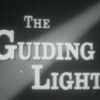 play_arrow
play_arrow
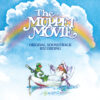 play_arrow
play_arrow
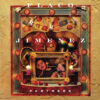 play_arrow
play_arrow
The Sounds of America: Flaco Jiménez’s Partners album BMPAudio
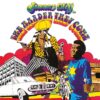 play_arrow
play_arrow
The Sounds of America: The Harder They Come Soundtrack BMPAudio
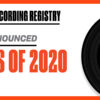 play_arrow
play_arrow
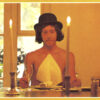 play_arrow
play_arrow
 play_arrow
play_arrow
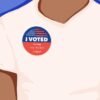 play_arrow
play_arrow
 play_arrow
play_arrow
 play_arrow
play_arrow
Science Of Happiness 76: If You Want to Be More Productive, Cut Yourself Some Slack BMPAudio
 play_arrow
play_arrow
 play_arrow
play_arrow
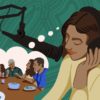 play_arrow
play_arrow
Science of Happiness 73: How to Switch Off Your Critics BMPAudio
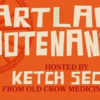 play_arrow
play_arrow
 play_arrow
play_arrow
Science of Happiness 72: How To Reconnect With Your Partner BMPAudio
 play_arrow
play_arrow
The Science of Happiness 71: Do You Want To Be More Patient? BMPAudio
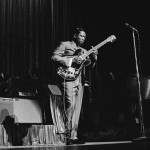 play_arrow
play_arrow
Red, White and the Blues BMPAudio
 play_arrow
play_arrow
The Science Of Happiness 70: How To Love People You Don’t Like BMPAudio
 play_arrow
play_arrow
The Science of Happiness 69: What’s Your “Why” In Life? BMPAudio
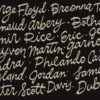 play_arrow
play_arrow
The Science of Happiness 68: From Othering to Belonging BMPAudio
 play_arrow
play_arrow
The Science of Happiness 67: Taking Small Steps toward Big Goals BMPAudio
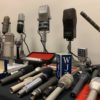 play_arrow
play_arrow
1A Memorial Day Special BMPAudio
 play_arrow
play_arrow
The Science of Happiness 66: How to Connect When You Must Stay Apart BMPAudio
 play_arrow
play_arrow
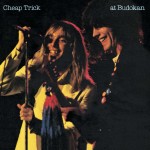 play_arrow
play_arrow
 play_arrow
play_arrow
The Science of Happiness 64: Helping Kids Think About the Good BMPAudio
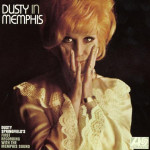 play_arrow
play_arrow
 play_arrow
play_arrow
The Science of Happiness 63: Remembering to Breathe BMPAudio
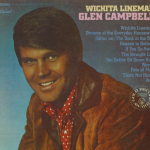 play_arrow
play_arrow
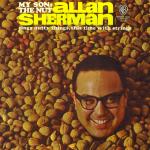 play_arrow
play_arrow
The Sounds of America: “Hello Muddah, Hello Fadduh” BMPAudio
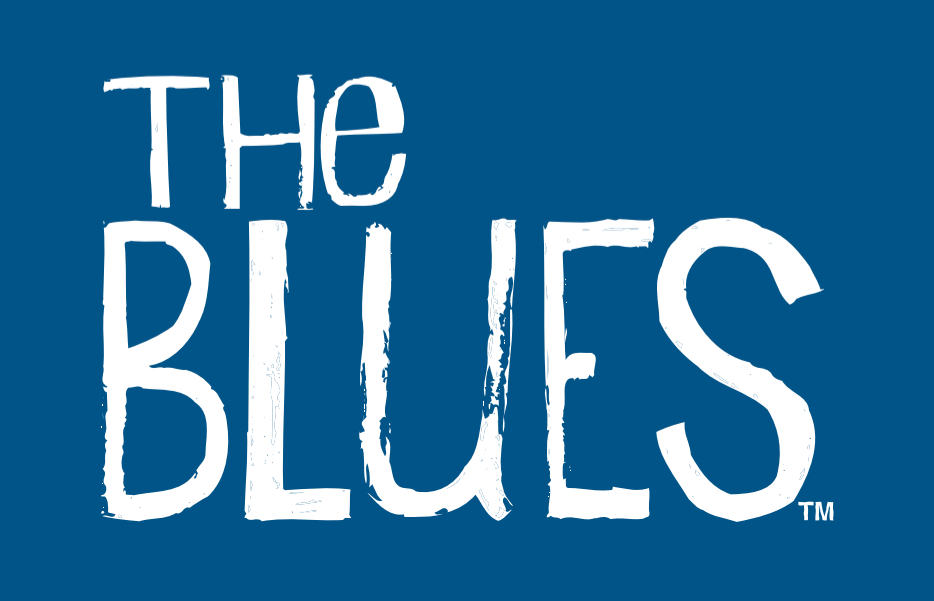
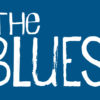 play_arrow
play_arrow
Reporting locale: Chicago
The 1950s was the golden era of the blues. During World War II, countless blacks left the fields for factories in cities such as Chicago, Detroit, and Cleveland, working assembly lines and moving the blues from rural juke joints to urban nightclubs. The music changed, too. With the advent of the electric guitar and amplification, the blues grew louder, bolder, and hotter. Dozens of transplanted Mississippians, from Muddy Waters, Howlin’ Wolf and Willie Dixon, to Sonny Boy Williamson, James Cotton, and Little Walter Jacobs, recorded for Chess Records, creating a blues sound with bite that was as vital an American sound as the rock & roll being recorded in Memphis and the jazz from New Orleans. Chicago also gave us the “West Side Sound” as typified by Cobra Records artists such as Buddy Guy, Otis Rush and Magic Sam. This episode tells the story of Chicago blues and highlights the great artists that recorded for Chess, Checker, Cobra, VeeJay, and the other classic Chicago labels. Interview segments include words from the seminal Muddy Waters, Howlin’ Wolf, and Willie Dixon as well as a number of other now deceased bluesmen, including Jimmy Rogers, Junior Wells and Luther Allison. Most of the interviews will be mined from BMP’s exhaustive oral history collection. The program will be capped by a performance from Buddy Guy.
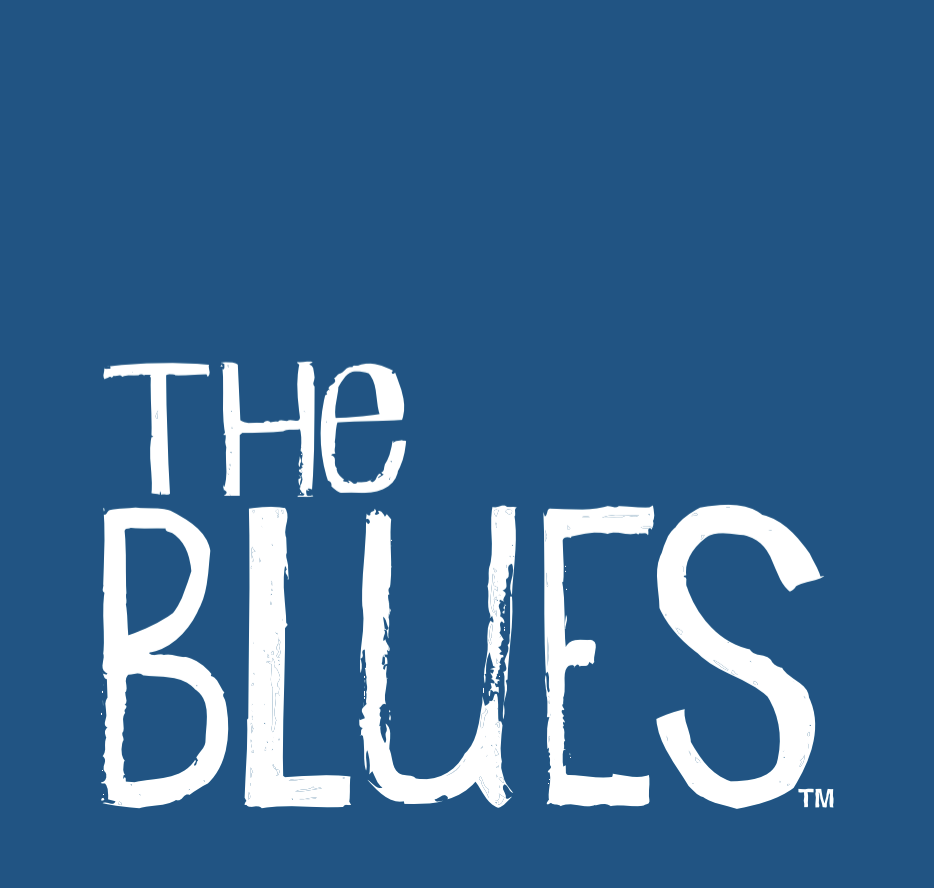
BMPAudio August 29, 2003
Reporting locale: Newport, R.I. By the 1960s, Chicago blues had peaked and a backlash to electrified roots music was in full swing on college campuses and coffeehouses across America. At […]
Whether a syndicated national radio series, podcast, documentary or audiobook, BMP Audio creates imaginative, sophisticated and effective sound tracks for your ideas. Our fully digital production facilities assure the highest level of audio fidelity. The world’s top broadcast companies know this – and that’s why they choose BMP Audio.